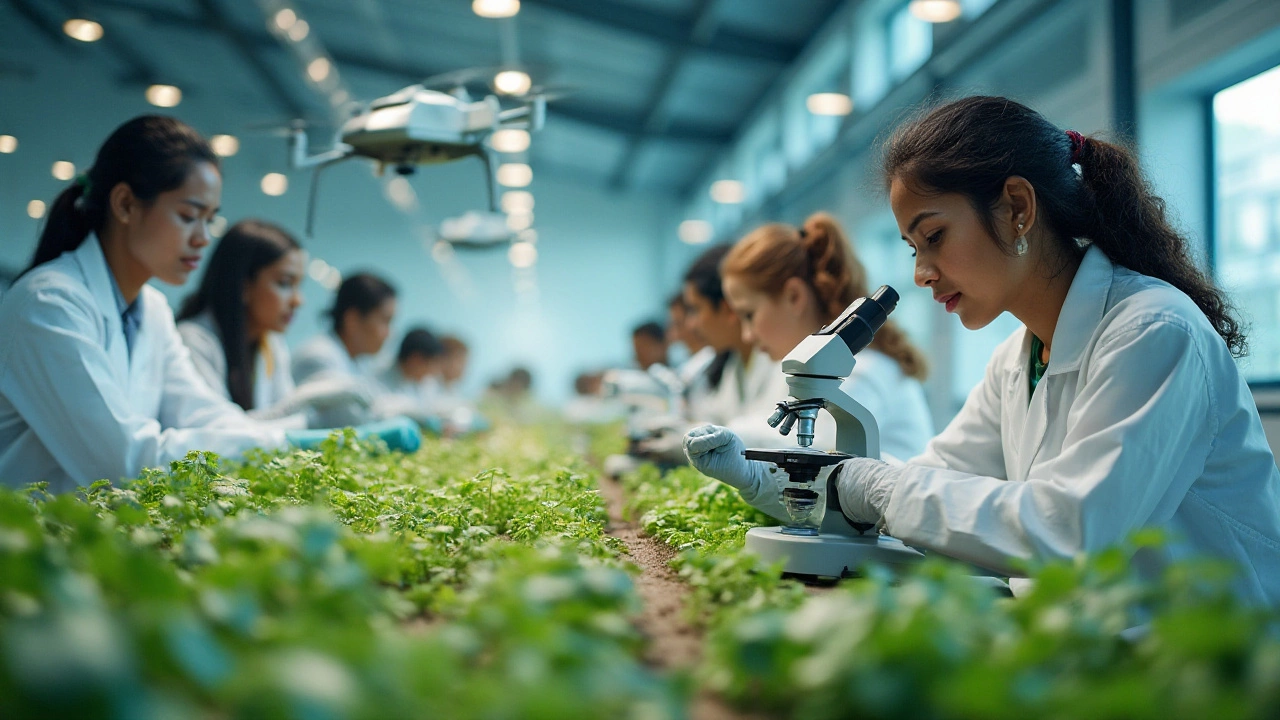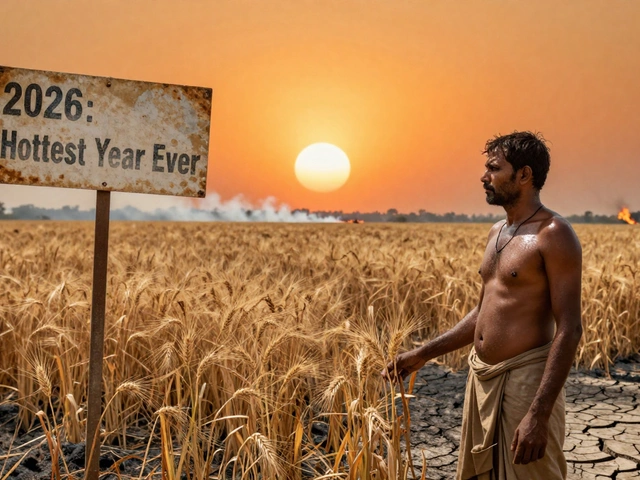Agriculture in India: Innovations, Challenges, and Real Solutions
When we talk about agriculture, the practice of growing crops and raising livestock to feed a nation. Also known as farming, it’s the backbone of India’s economy, feeding over 1.4 billion people and employing nearly half the workforce. But it’s not just about soil and seeds anymore. Today, agriculture in India is being reshaped by renewable energy, power sources like solar and wind that reduce dependence on diesel pumps and grid electricity, by biotechnology, tools like gene editing and bio-fertilizers that boost yields without harmful chemicals, and by public health, programs that tackle malnutrition, pesticide poisoning, and farmer mental health. These aren’t side notes—they’re central to whether farming survives the next 20 years.
Think about it: a farmer in Punjab doesn’t just need rain. They need affordable solar-powered irrigation, seeds that resist drought, and access to clean water and healthcare. That’s where tech transfer fails—not because the science is bad, but because solutions aren’t built with the farmer in mind. Solar panels that work in cities don’t always survive dust storms in Rajasthan. Biotech crops that boost yields in labs might not grow in small, fragmented fields. And public health programs that work in cities often miss rural villages entirely. The real breakthroughs? Those that connect local needs with smart tools. Like using AI to predict crop diseases before they spread, or training women’s self-help groups to distribute bio-fertilizers. These aren’t futuristic ideas. They’re happening now, quietly, in villages across India.
What you’ll find below isn’t a list of buzzwords. It’s a collection of real stories—about how farmers are saving money with solar pumps, how biotech is helping smallholders grow more with less, and how health programs are reducing deaths from pesticide poisoning. You’ll see how the same innovation that powers clean energy also powers better farms. How data scientists aren’t just in offices—they’re talking to agronomists in Madhya Pradesh. How policy gaps in technology transfer leave farmers behind, and how some are fixing it anyway. This isn’t about theory. It’s about what’s working, who’s doing it, and where the next leap is coming from.





